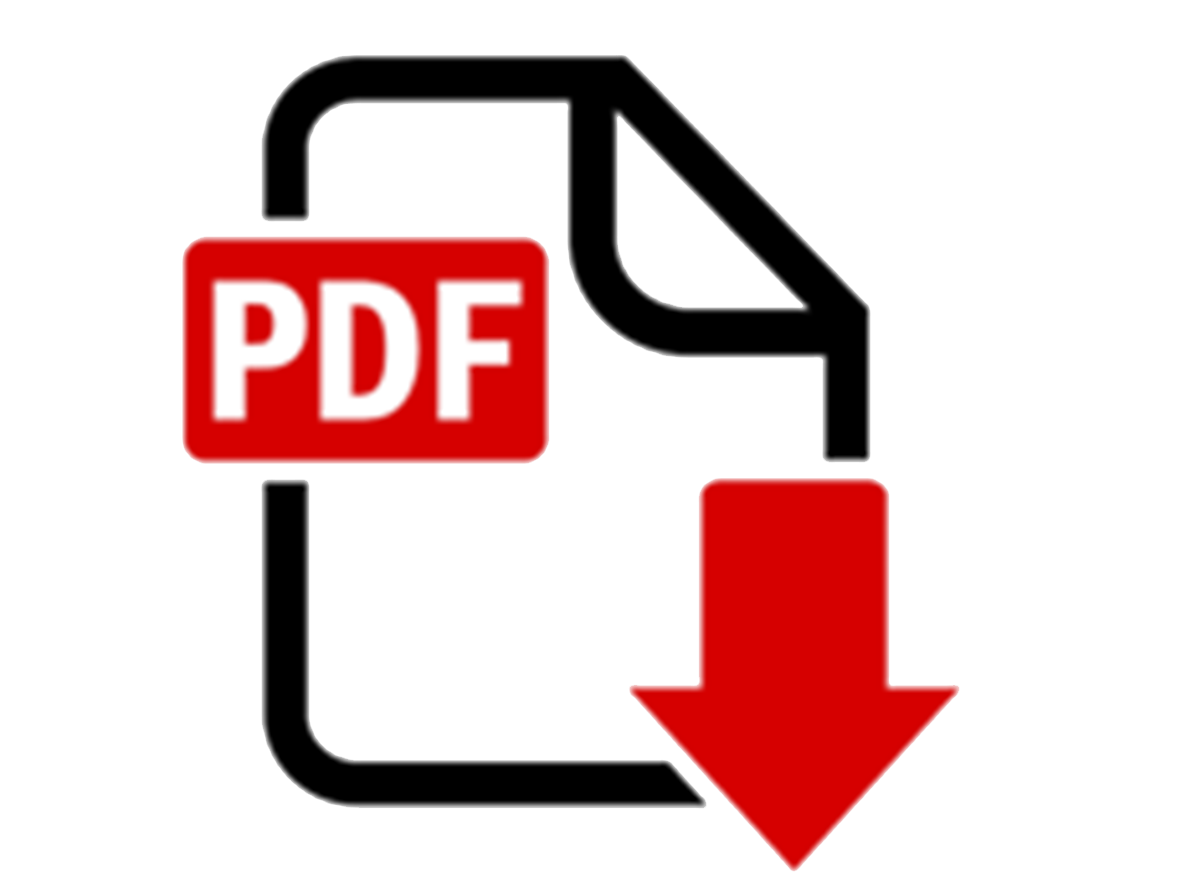IADR Abstract Archives
Oral Health-awareness in Hungary Compared to Other European Countries
Objectives: Objective of this survey was to show the oral health-awareness of Hungarians compared to 5 Western European countries' patients: analyzing data obtained by the online Patient Engagement Application (APP) of the ADVOCATE (EU-HORIZON 2020-supported) study -'Workpackage 5' program.
Methods: Data of 6873 (658 British, 2486 Danish, 551 Dutch, 1346 German, 1139 Irish and 642 Hungarian) adult patients' (2948 male, 3925 female, average age: 48.54±17.31 years) from different dental practices were assessed. Participants filled the online APP on mobile devices provided by the dentist right after their actual dental visits. Out of the total 51 questions recently 11 were used, specially related to funding of provided dental care, symptoms and diagnosis and oral health behavior. Pearson's Chi square -test was used for the statystical analyzis of all data.
Results: Answers of the patients were as follows. Sorce of funding the actual dental care was not aware among patients H:6%, EU:3%, p≤0.00001; to periodontal examination: 'yes': H: 67%, EU.87%, p<0.00001, 'I do not know':H: 21%, EU:11%, p<0.00001; examination for new caries: 'yes':H:73%, EU:92%, p<0.00001; 'I do not know': H: 14%,EU:6%, p<0.0001; oral mucosa and cancer screening: 'yes': H:40%, EU:34%, p=0.00207; 'I do not know': H:41%, EU: 49%, p=0.000073; Radiograph taken: 'yes': H: 85%, EU:71%, p<0.00001, 'I do not know': H: 1%, EU:5%, p=0.000024; Among aware health behavior related questions: tooth brushing 'twice a day': H: 65%, EU:73%, p=0.0185; 'less than once a day': H:2%, EU:1%, p=0.000004; using fluoride tooth paste: 'yes': H: 69%, EU:73%, p=0.0255, 'I do not know': H: 21%, EU:19%, p>0.05; interdental cleaning: never: H:17%, EU: 11%, p=0.000045, daily: H:26%, EU: 33%, p<0.00001; smoking: 'yes' H: 20%, EU:15%, p=0.0029, never: H:56%, EU:52%, p=0.03, alcohol consumption more than 5-times/week: H:1%, EU:5%, p<0.00001, sugar consumption: more than 5-times/day: H:1%, EU: 2%, p=0.5, never: H and EU: 7%.
Conclusions: Results show that some factors in health awareness like diagnostical methods and funding sources are less known among the Hungarian patients and less reviewed by the dentists to them, but aware health behavior is at the same level and some factors show to be better then the EU average. Health-education of Hungarian patients needs more support and attention.
Methods: Data of 6873 (658 British, 2486 Danish, 551 Dutch, 1346 German, 1139 Irish and 642 Hungarian) adult patients' (2948 male, 3925 female, average age: 48.54±17.31 years) from different dental practices were assessed. Participants filled the online APP on mobile devices provided by the dentist right after their actual dental visits. Out of the total 51 questions recently 11 were used, specially related to funding of provided dental care, symptoms and diagnosis and oral health behavior. Pearson's Chi square -test was used for the statystical analyzis of all data.
Results: Answers of the patients were as follows. Sorce of funding the actual dental care was not aware among patients H:6%, EU:3%, p≤0.00001; to periodontal examination: 'yes': H: 67%, EU.87%, p<0.00001, 'I do not know':H: 21%, EU:11%, p<0.00001; examination for new caries: 'yes':H:73%, EU:92%, p<0.00001; 'I do not know': H: 14%,EU:6%, p<0.0001; oral mucosa and cancer screening: 'yes': H:40%, EU:34%, p=0.00207; 'I do not know': H:41%, EU: 49%, p=0.000073; Radiograph taken: 'yes': H: 85%, EU:71%, p<0.00001, 'I do not know': H: 1%, EU:5%, p=0.000024; Among aware health behavior related questions: tooth brushing 'twice a day': H: 65%, EU:73%, p=0.0185; 'less than once a day': H:2%, EU:1%, p=0.000004; using fluoride tooth paste: 'yes': H: 69%, EU:73%, p=0.0255, 'I do not know': H: 21%, EU:19%, p>0.05; interdental cleaning: never: H:17%, EU: 11%, p=0.000045, daily: H:26%, EU: 33%, p<0.00001; smoking: 'yes' H: 20%, EU:15%, p=0.0029, never: H:56%, EU:52%, p=0.03, alcohol consumption more than 5-times/week: H:1%, EU:5%, p<0.00001, sugar consumption: more than 5-times/day: H:1%, EU: 2%, p=0.5, never: H and EU: 7%.
Conclusions: Results show that some factors in health awareness like diagnostical methods and funding sources are less known among the Hungarian patients and less reviewed by the dentists to them, but aware health behavior is at the same level and some factors show to be better then the EU average. Health-education of Hungarian patients needs more support and attention.

